In today's world, where hygiene and health are paramount concerns, antimicrobial technology plays a vital role across various industries. Among the numerous innovations, silver ion technology shines as a powerful solution against harmful microbes. So, what is the meaning of antimicrobial, and how does antimicrobial technology work? Let's explore further with a focus on silver ion technology and its efficacy in combatting pathogens, reducing viral load and antimicrobial resistance.
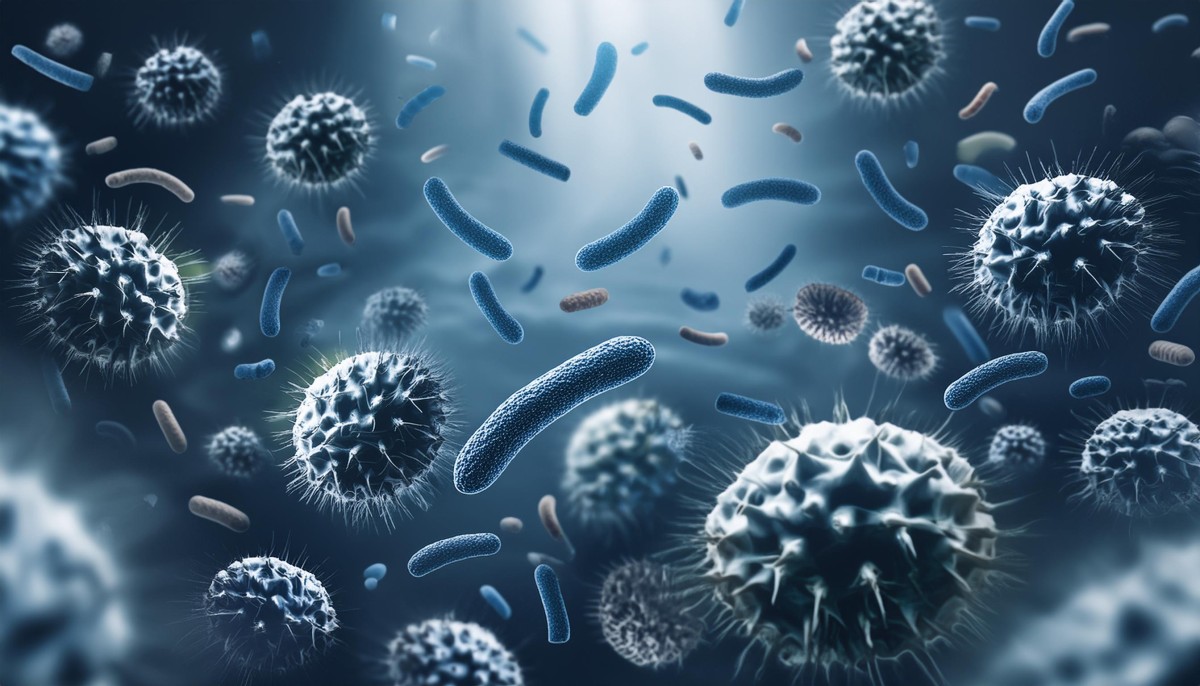
What is Antimicrobial Technology?
Dictionary Definition of 'Antimicrobial'
Pronunciation: /ˌæn.ti.maɪˈkroʊ.bi.əl/ (UK) | /ˌæn.taɪ.maɪˈkroʊ.bi.əl/ (US)
Definition: Inhibiting the growth of microorganisms, especially bacteria, fungi, or viruses.
Etymology: Derived from the prefix anti- (against) + microbial (relating to microorganisms). The term originated in the early 20th century as scientific understanding of microbial pathogens advanced.
Antimicrobial technology (specifically) refers to a broad range of advanced solutions designed to inhibit the growth of harmful microorganisms like bacteria, viruses, fungi, and mould. By incorporating antimicrobial additives into products, surfaces, and materials, this technology helps maintain more hygienic environments across various industries, including healthcare, consumer goods, packaging, and textiles. The primary goal is to provide long-lasting antimicrobial product protection, ensuring surfaces and items remain fresher and more hygienic for users. With antimicrobial technology, businesses can enhance their product performance, offering added value and peace of mind to customers seeking high hygiene standards.

Silver Ion Technology: A Silver Bullet Against Microbes
Silver ion technology is a cornerstone of antimicrobial innovation, renowned for its ability to combat a wide range of harmful microorganisms. For centuries, silver has been valued for its natural antimicrobial properties, and today, it plays a critical role in modern antimicrobial technology. Silver ions (Ag+), the active agents in this process, work by disrupting the cellular processes of bacteria, viruses, fungi, and other pathogens, inhibiting their growth and reproduction. This advanced silver-based technology is widely used across industries, from healthcare to consumer products, providing durable antimicrobial product protection and helping maintain hygienic environments. Silver ion technology remains a trusted, effective solution for long-lasting microbial defense.
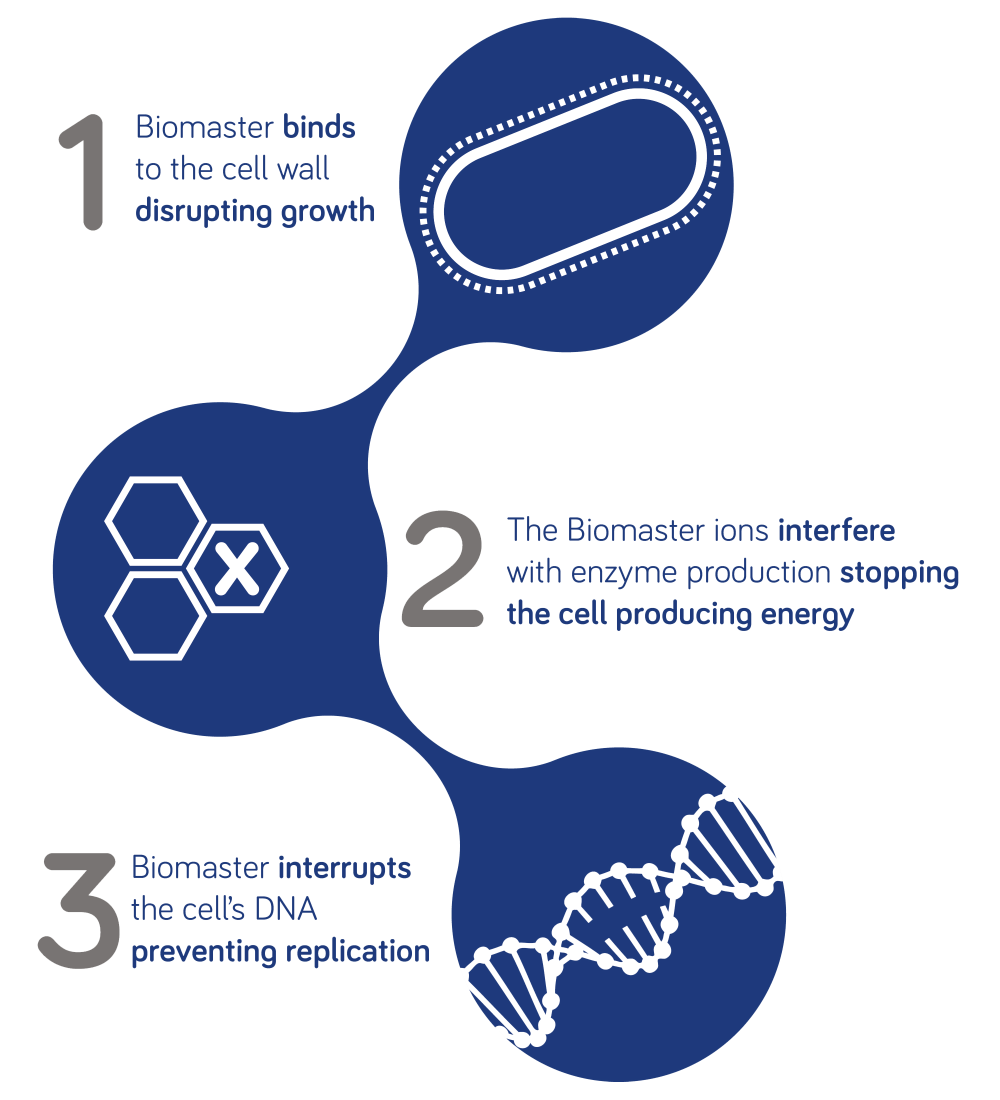
How Biomaster Silver Ion Technology Works
Silver ions within our Biomaster technology possess a remarkable capability to infiltrate microbial cells and interfere with critical cellular functions. They disrupt cell membranes, inhibit enzyme activity, and damage DNA, thereby incapacitating microorganisms. This multifaceted approach renders silver ion technology highly effective against a wide spectrum of pathogens, thus inhibiting microbial growth and preventing microbial degradation.

Applications of Silver Ion Technology
The versatility of silver ion technology renders it invaluable across numerous industries including:
- Healthcare: From medical devices to wound dressings, silver ion technology provides crucial antimicrobial protection and aids in infection prevention hygiene.
- Consumer Goods: Household items such as kitchenware and electronics benefit from antimicrobial surfaces, promoting surface hygiene and antimicrobial product protection.
- Textiles: Clothing and linens embedded with silver ions resist microbial growth, ensuring antimicrobial surfaces and enhanced durability.
- ...and many more!
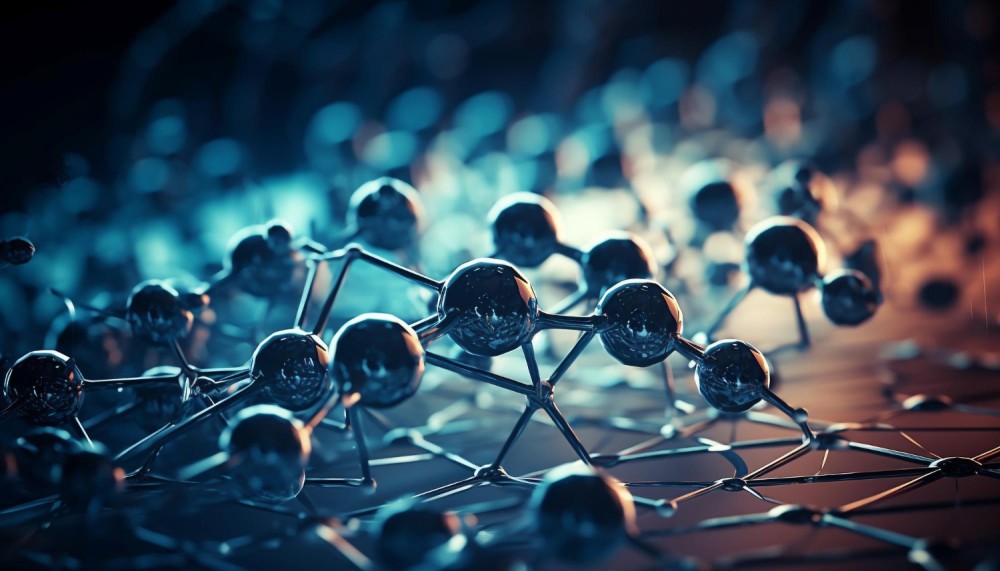
Advantages of Silver Ion Technology
- Broad Spectrum Efficacy: Silver ions exhibit antimicrobial activity against bacteria, viruses, molds, and fungi, offering comprehensive antimicrobial protection.
- Long-lasting Performance: Unlike traditional disinfectants, silver ion technology provides durable antimicrobial effects fr the usable lifetime of the treated product.
- Safety and Sustainability: Silver ion technology is non-toxic to humans and the environment, aligning with principles of sustainability and safety.
As the demand for cleaner, safer environments grows, antimicrobial technology—particularly silver ion technology—stands out as a key innovation for a more hygienic future. This powerful solution effectively combats harmful microbes, including bacteria, viruses, and fungi, while addressing pressing global challenges such as antimicrobial resistance. By reducing viral loads and preventing the spread of pathogens, silver ion technology plays a pivotal role across multiple sectors, from healthcare and consumer goods to packaging and textiles. Addmaster is leading the charge by harnessing the proven power of silver ions to help businesses create products that prioritise hygiene and provide long-lasting antimicrobial protection. Together, we are paving the way for healthier, safer environments for all
-
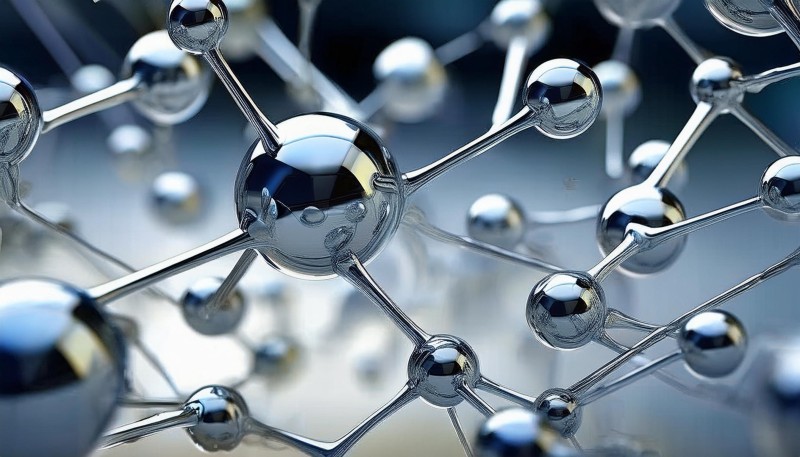
The Role of Silver in Antimicrobial Additive Technology
Silver has been revered for centuries as a powerful and reliable antimicrobial agent, with ancient civilisations recognising its ability to preserve freshness and prevent microbes. From storing water in silver vessels to applying silver-based treatments for wounds, its natural ability to combat harmful microbes has stood the test of time. Today, silver remains one of the most trusted and effective solutions in helping to control bacteria, viruses, and fungi in a wide range of industries, from healthcare to food packaging.
-
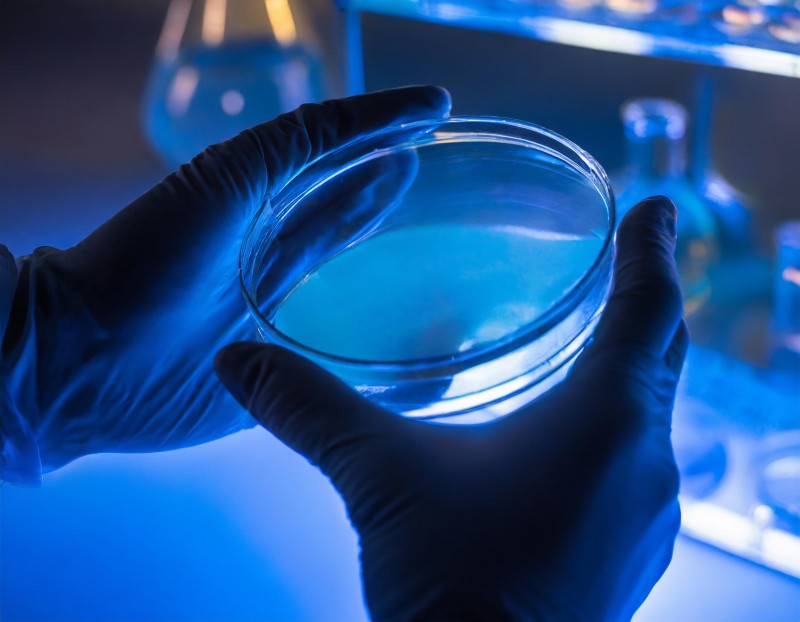
What Does Antimicrobial Mean?
Antimicrobial refers to substances or agents that have the ability to kill or inhibit the growth of microorganisms. These microorganisms include bacteria, viruses, fungi, and parasites. The primary goal of antimicrobial substances is to prevent the spread and development of these potentially harmful entities, protecting both human health and various products.
The National Cancer Institute defines antimicribal as 'A substance that kills microorganisms such as bacteria or mould, or stops them from growing and causing disease'.
-
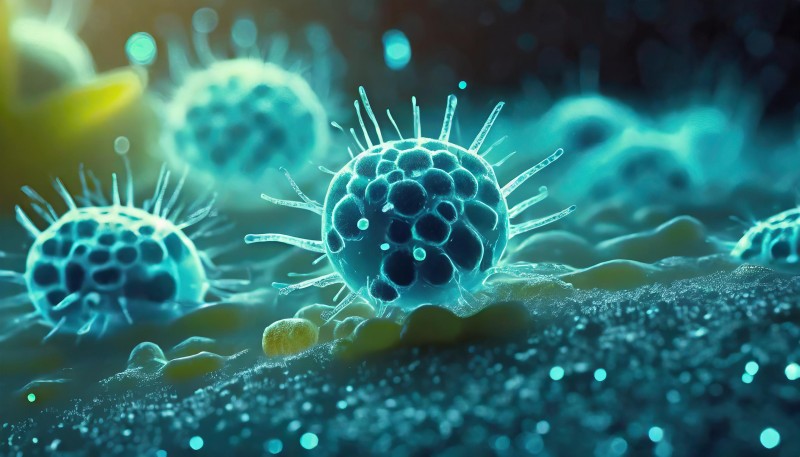
How Long Does Bacteria Live on a Surface?
Microbes, including bacteria, exhibit remarkable resilience, thriving in environments where other organisms falter. This tenacity extends to inanimate surfaces, such as door handles and tabletops, presenting challenges in hygiene-conscious settings like healthcare and food processing facilities. Let’s delve into the longevity of bacteria on hard surfaces, emphasising the significance of managing microbial persistence to minimise cross-contamination.
